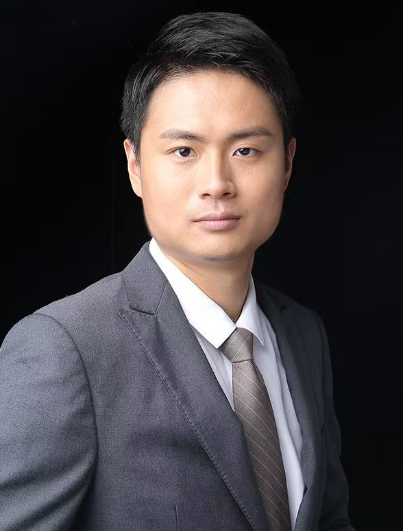live healthier,
longer lives
- with hope.
Core Management with diverse expertise & experience.
Multinational Scientific & Clinical talents and KOLs

Scientific Advisor, Biosyngen
Nobel prize in Physiology (2011)
Discover Toll like receptor, major milestone in immunology
President in French academy of Sciences (2007-2008)

Scientist & Pipeline Inventor, Biosyngen
Group Leader of the Cellular Immunology Laboratory at QIMR
Berghofer Medical Research Institute
Involved in the initial mapping of the 1st Epstein-Barr virus T cell epitopes,
a critical step for the advancement of the field
Study focus: CD8-positive T cells for EBV infection antigen
presentation & T cell recognition

Scientist & Pipeline Inventor, Biosyngen
Research focus: CAR-T and other immunotherapies
Director, Institute of Translational Immune-Oncology,
University Hospital Cologne & Professor, Hannover Medical School
Special Fellow, Leukemia and Lymphoma Society & Research Fellow,
National Cancer Institute,NIH K01/Howard Temin/US Stop Cancer/USC
and UCLA career development award

Scientist & Pipeline Inventor, Biosyngen
Executive director of A*STAR SIgN
Professor in Yong Loo Lin School of Medicine, NUS
Vice-President of the Asian Federation of Biotechnology (AFOB)
-
 Chair & CEODr. Deping Han
Chair & CEODr. Deping Han -
 Co ChairDr. Michelle Chen
Co ChairDr. Michelle Chen -
 ScientistStatham Liu
ScientistStatham Liu -
 VP Regulatory AffairsDr. Jing Han
VP Regulatory AffairsDr. Jing Han





















